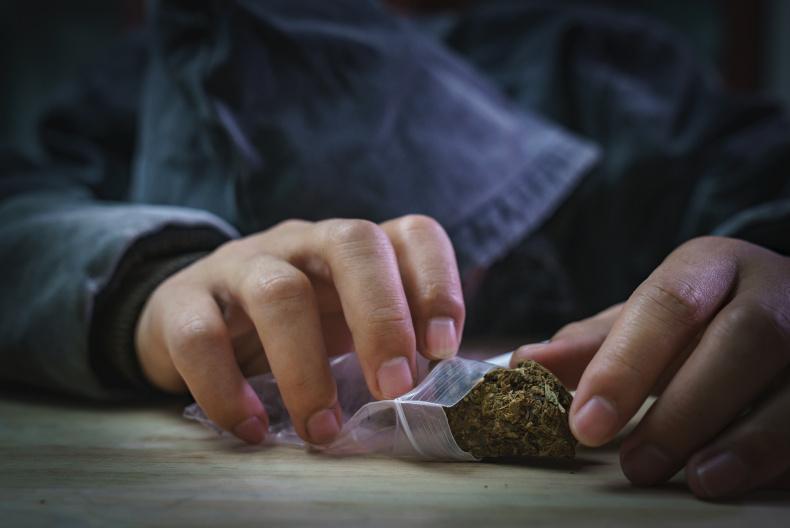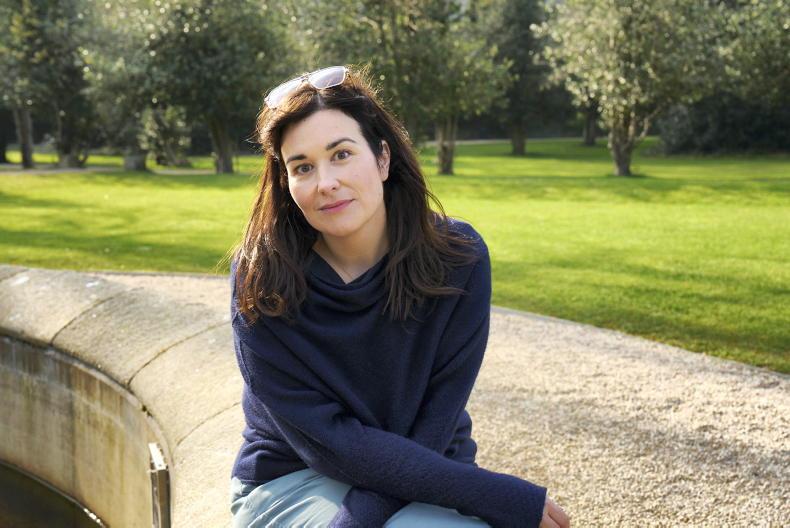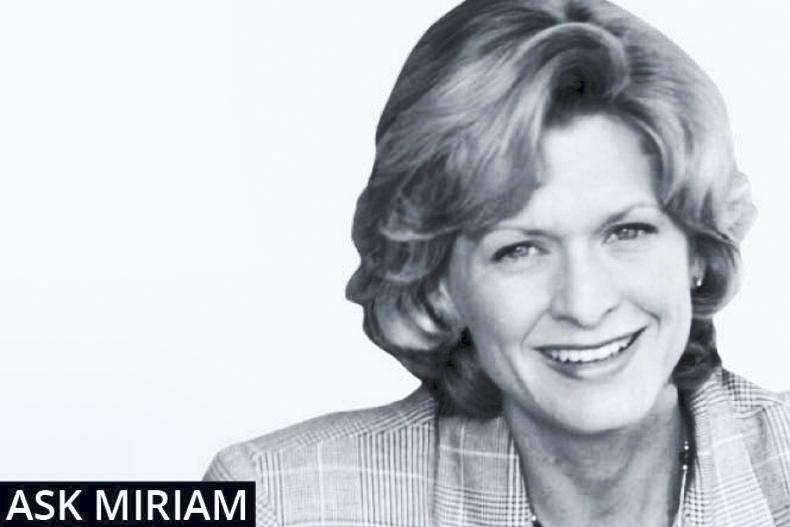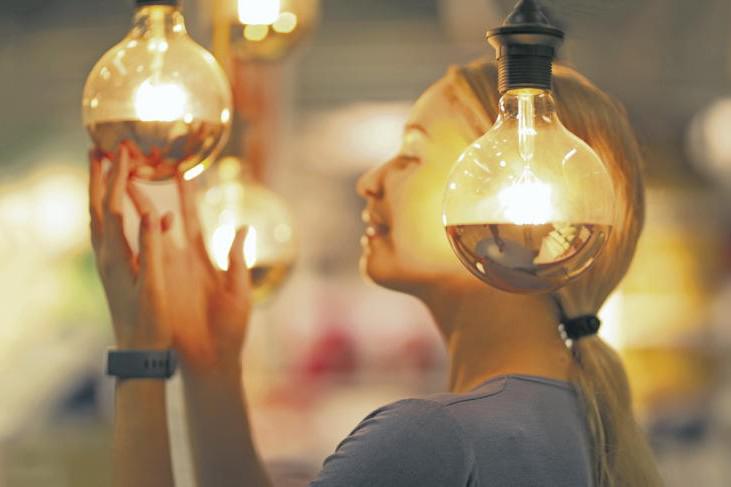What can help to prevent our children from using drugs?
The truth is as a parent, whether they are six months, two years or 26 years old, you cannot control your children. You cannot make them do anything, but it has been proven that you have the greatest influence over your child. So use your influence positively to guide them in the right direction from a very young age,” says Dr Bobby Smyth, consultant child and adolescent psychiatrist with the HSE’s adolescent addiction service.
Preventing your children from making mistakes in life is not easy. When it comes to drug and alcohol abuse, Drugs.ie works tirelessly in providing support and self-help for parents and guardians in dealing with the ever-increasing issue in both urban and rural Ireland.
A positive family unit is very beneficial in preventing drug and alcohol misuse among your children. It is important to find a balance: build a loving relationship with your child, but don’t shy away from necessary discipline.
Dr Smyth explains: “Having a loving family unit is an important aspiration. The only caveat to that are the moments you need to tighten the reins. Unfortunately, there are times when as parents we have to disagree with our children. Doing this can bring with it a degree of temporary conflict, but this is unavoidable. We must find balance in loving and disciplining them. We might not see it that moment in time, but it is so important for them to have a wise person behind them, sometimes protecting them from themselves.”
Explaining the consequences
It is your job as parent or guardian to give your children clear messages about the dangers and consequences of drug and alcohol misuse, from a young age. Don’t be afraid to have these conversations with your young child.
“They will see things on TV and elsewhere. You are not necessarily going to sit your six-year-old child down to talk about drugs and alcohol, but explain things to them when they display curiosity or present questions about what they saw or heard. Use ordinary events to talk about these issues. If they express concern at any age about something, don’t shrug it off. Be attentive,” Dr Smyth advises.
As they get older, knowing where your children are, what they are doing and who they are with is easier said than done. So strengthen trust and respect with your teenager by showing interest in their interests, activities and relationships. Sport and recreational activities are a big part of many Irish children’s lives. Unfortunately, many adolescents step away from their hobbies. Encouraging your teen to keep up, or indeed pick up, a recreational activity is important.
“Be it drama or sport, activities put young people into a positive environment,” says Dr Smyth. “Pro-social outlets fill their week. They are surrounded by other positive influencers and [it] helps them find their passion in life. Support and encourage your children to stay active throughout their teenage years.”
I suspect my child is using drugs – what can I do?
“It is very unusual now to reach the age of 18 in Ireland and not have been offered cannabis. In Ireland, 19% of 16-year-olds have used cannabis in their lifetime, according to the most recent European School Survey Project on Alcohol and Other Drugs (ESPAD), with lifetime usage percentages increasing for 18-year-olds and upwards,” Dr Smyth reveals.
“Up until about 10 years ago, cannabis usage was decreasing, but now it’s very much on the increase. The problem is that it is often a stepping stone on a journey towards higher-risk substances.”
If you suspect your son or daughter is using drugs, the correct response can make all the difference. Remaining calm and rational may not be easy, but is important. First and foremost, Drugs.ie advises parents to avoid accusations: “If we accuse them and we are wrong, this can damage our relationship with them.”
Adding to this, Dr Smyth continues: “Tip-toeing around the suspicion is not particularly productive either. A good tip is to say what you see and stick to the facts. For instance: ‘Your money is disappearing. I am really worried about that.’ It will hopefully open the door to further conversation. Do, however, be prepared to have that door slammed in your face the first time you broach the topic, or multiple times.”
Trying to distinguish the warning signs of drug use from the normal aspects of growing up is difficult. Children or young people can be moody, withdrawn, sleepy and unpredictable for reasons that have nothing to do with drugs. This behaviour is often a very normal part of growing up.
“Unfortunately, the signs are often vague and unspecific. A big thing is money disappearing. Mood swings as we know are common among teens, but if they are centred around weekends for instance, then there might be a reason for this. Blackouts are also something to watch out for; for example if your son or daughter can’t remember a recent conversation you had,” he suggests.
“Although you have the biggest influence over their young lives and should use it positively and constructively, we cannot ‘make’ our son or daughter do anything. When things go wrong, it is not all your fault.
“There are drugs in every town and village in Ireland, not just unprivileged areas. There is no family immune to this problem. It is not something to be embarrassed about. You are not the only one.”
Reiterating this, Drugs.ie concludes: “We don’t need all the answers, but we do need to be willing to ask for help when we need it. Sometimes we may need the help and support of professionals who are trained in this area. We shouldn’t be afraid to do this.”
Please visit www.drugs.ie or call 1800-459459 for more information and support.
Read more
The tragic consequences of drug experimentation
My husband’s binge-drinking turns every occasion into a nightmare
What can help to prevent our children from using drugs?
The truth is as a parent, whether they are six months, two years or 26 years old, you cannot control your children. You cannot make them do anything, but it has been proven that you have the greatest influence over your child. So use your influence positively to guide them in the right direction from a very young age,” says Dr Bobby Smyth, consultant child and adolescent psychiatrist with the HSE’s adolescent addiction service.
Preventing your children from making mistakes in life is not easy. When it comes to drug and alcohol abuse, Drugs.ie works tirelessly in providing support and self-help for parents and guardians in dealing with the ever-increasing issue in both urban and rural Ireland.
A positive family unit is very beneficial in preventing drug and alcohol misuse among your children. It is important to find a balance: build a loving relationship with your child, but don’t shy away from necessary discipline.
Dr Smyth explains: “Having a loving family unit is an important aspiration. The only caveat to that are the moments you need to tighten the reins. Unfortunately, there are times when as parents we have to disagree with our children. Doing this can bring with it a degree of temporary conflict, but this is unavoidable. We must find balance in loving and disciplining them. We might not see it that moment in time, but it is so important for them to have a wise person behind them, sometimes protecting them from themselves.”
Explaining the consequences
It is your job as parent or guardian to give your children clear messages about the dangers and consequences of drug and alcohol misuse, from a young age. Don’t be afraid to have these conversations with your young child.
“They will see things on TV and elsewhere. You are not necessarily going to sit your six-year-old child down to talk about drugs and alcohol, but explain things to them when they display curiosity or present questions about what they saw or heard. Use ordinary events to talk about these issues. If they express concern at any age about something, don’t shrug it off. Be attentive,” Dr Smyth advises.
As they get older, knowing where your children are, what they are doing and who they are with is easier said than done. So strengthen trust and respect with your teenager by showing interest in their interests, activities and relationships. Sport and recreational activities are a big part of many Irish children’s lives. Unfortunately, many adolescents step away from their hobbies. Encouraging your teen to keep up, or indeed pick up, a recreational activity is important.
“Be it drama or sport, activities put young people into a positive environment,” says Dr Smyth. “Pro-social outlets fill their week. They are surrounded by other positive influencers and [it] helps them find their passion in life. Support and encourage your children to stay active throughout their teenage years.”
I suspect my child is using drugs – what can I do?
“It is very unusual now to reach the age of 18 in Ireland and not have been offered cannabis. In Ireland, 19% of 16-year-olds have used cannabis in their lifetime, according to the most recent European School Survey Project on Alcohol and Other Drugs (ESPAD), with lifetime usage percentages increasing for 18-year-olds and upwards,” Dr Smyth reveals.
“Up until about 10 years ago, cannabis usage was decreasing, but now it’s very much on the increase. The problem is that it is often a stepping stone on a journey towards higher-risk substances.”
If you suspect your son or daughter is using drugs, the correct response can make all the difference. Remaining calm and rational may not be easy, but is important. First and foremost, Drugs.ie advises parents to avoid accusations: “If we accuse them and we are wrong, this can damage our relationship with them.”
Adding to this, Dr Smyth continues: “Tip-toeing around the suspicion is not particularly productive either. A good tip is to say what you see and stick to the facts. For instance: ‘Your money is disappearing. I am really worried about that.’ It will hopefully open the door to further conversation. Do, however, be prepared to have that door slammed in your face the first time you broach the topic, or multiple times.”
Trying to distinguish the warning signs of drug use from the normal aspects of growing up is difficult. Children or young people can be moody, withdrawn, sleepy and unpredictable for reasons that have nothing to do with drugs. This behaviour is often a very normal part of growing up.
“Unfortunately, the signs are often vague and unspecific. A big thing is money disappearing. Mood swings as we know are common among teens, but if they are centred around weekends for instance, then there might be a reason for this. Blackouts are also something to watch out for; for example if your son or daughter can’t remember a recent conversation you had,” he suggests.
“Although you have the biggest influence over their young lives and should use it positively and constructively, we cannot ‘make’ our son or daughter do anything. When things go wrong, it is not all your fault.
“There are drugs in every town and village in Ireland, not just unprivileged areas. There is no family immune to this problem. It is not something to be embarrassed about. You are not the only one.”
Reiterating this, Drugs.ie concludes: “We don’t need all the answers, but we do need to be willing to ask for help when we need it. Sometimes we may need the help and support of professionals who are trained in this area. We shouldn’t be afraid to do this.”
Please visit www.drugs.ie or call 1800-459459 for more information and support.
Read more
The tragic consequences of drug experimentation
My husband’s binge-drinking turns every occasion into a nightmare









SHARING OPTIONS